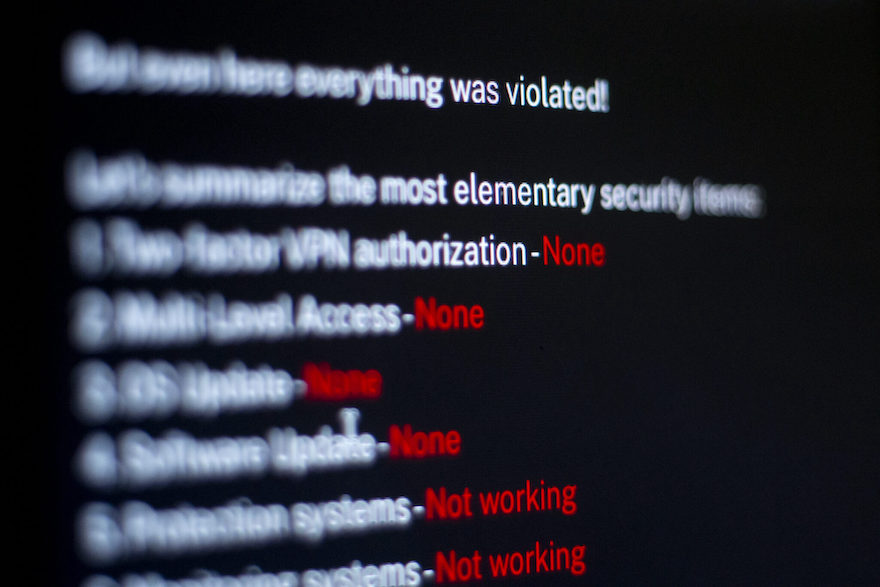The New England Newspaper & Press Association proudly honors the Rhode Island journalists recognized with A-Mark Prizes for Investigative Journalism at the Fall Leadership Conference on September 26, 2025. Their reporting demonstrates how rigorous local journalism can uncover hidden risks, demand accountability, and give voice to those most affected by government action—or inaction.
Funded by the A-Mark Foundation—a nonpartisan nonprofit dedicated to strengthening investigative reporting—the A-Mark Prizes celebrate in-depth, fact-based journalism that exposes wrongdoing and spurs reform. Each year, up to $15,000 in awards is available in every New England state to highlight work that protects the public’s right to know.
This year’s Rhode Island winners produced a remarkable range of investigations—from exposing preventable data vulnerabilities in the state’s public-benefits system, to revealing new insights into domestic murder-suicides, to documenting the human impact of federal funding cuts on local workers and research institutions.
🥇 1st Place
Alexander Castro — Rhode Island Current
“RI Bridges Data Breach”

When Rhode Island Governor Dan McKee abruptly announced a cyberattack on the state’s computer systems in December 2024, the scope was staggering: the personal data of nearly 650,000 residents—almost 60 percent of the state’s population—had been exposed. While most outlets focused on the breach’s aftermath, Rhode Island Current reporter Alexander Castro dug deeper, uncovering how state-posted technical documents may have left the system vulnerable months earlier.
Through careful review of procurement records, Castro discovered a 25-page request for proposals that included a full schematic of the RIBridges system architecture—a blueprint effectively published on the state’s website. Acting responsibly, he alerted officials, verified that the file was removed, and only then published his exposé. His reporting revealed state oversight lapses, raised new cybersecurity questions, and was praised for its exceptional professionalism and ethical rigor.
🥈 2nd Place
Mark Reynolds — The Providence Journal
“Domestic Murder Suicide”

In a deeply sensitive series, Providence Journal reporter Mark Reynolds examined how law enforcement and communities confront the tragedy of domestic murder-suicides—cases that receive limited public scrutiny because they end without prosecutions. Reporting on three such incidents in 2024 and 2025, Reynolds analyzed police reports, public records, and newly obtained body-camera footage to explore how transparency and trauma intersect when the justice system’s usual mechanisms fall away.
His work broke new ground by revealing footage of a domestic-violence victim expressing fear for her safety just weeks before her death—the first time Rhode Island journalists had obtained such material under the state’s new body-camera policy. Praised by advocates for highlighting red flags, risk factors, and firearm access, Reynolds’s work reframed how the public and policymakers understand the warning signs of lethal domestic violence.
🥉 3rd Place
Jack Perry — The Providence Journal
“Lost Jobs, Trump Cuts”

Providence Journal reporter Jack Perry connected national policy decisions to the lives of Rhode Islanders in his coverage of the Trump administration’s federal budget cuts. He profiled the sudden layoffs of 14 employees at the U.S. Department of Agriculture’s Warwick office, revealing the personal toll of the cuts and the essential services the office provided. His persistence led to a follow-up story documenting that the workers were later reinstated.
Perry also examined how reductions to the National Institutes of Health threatened Rhode Island’s research economy—analyzing lawsuits, official filings, and testimony from hospital administrators at institutions such as Brown University, the University of Rhode Island, and Women & Infants Hospital. By translating complex funding issues into human terms, he helped readers grasp the broad economic and scientific stakes of Washington’s policy decisions.
These Rhode Island journalists exemplify the best traditions of investigative reporting: courage, care, and commitment to the truth. Their work not only informed the public but also challenged institutions to do better. Congratulations to all of this year’s A-Mark Prize winners for advancing transparency and accountability across the Ocean State.
